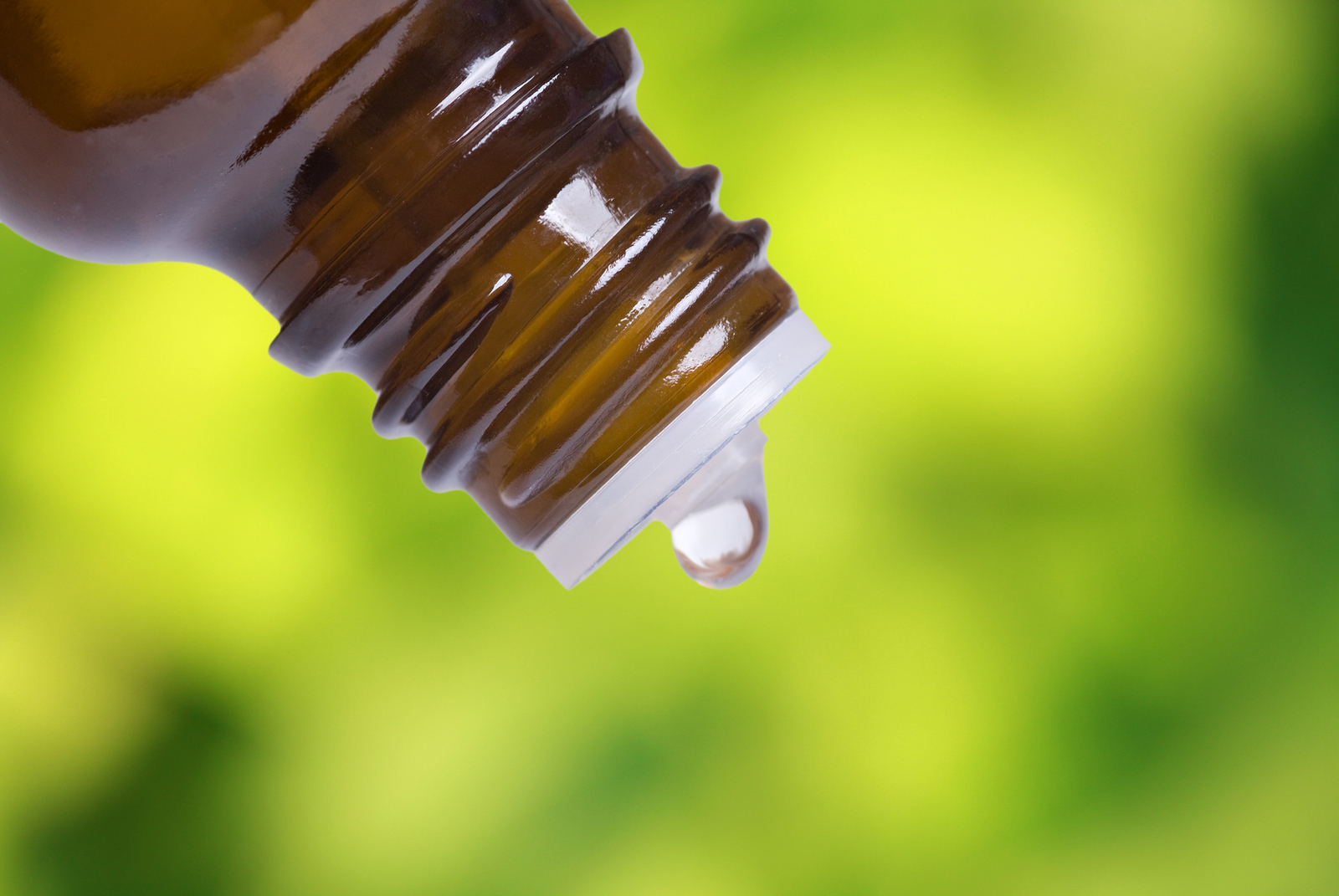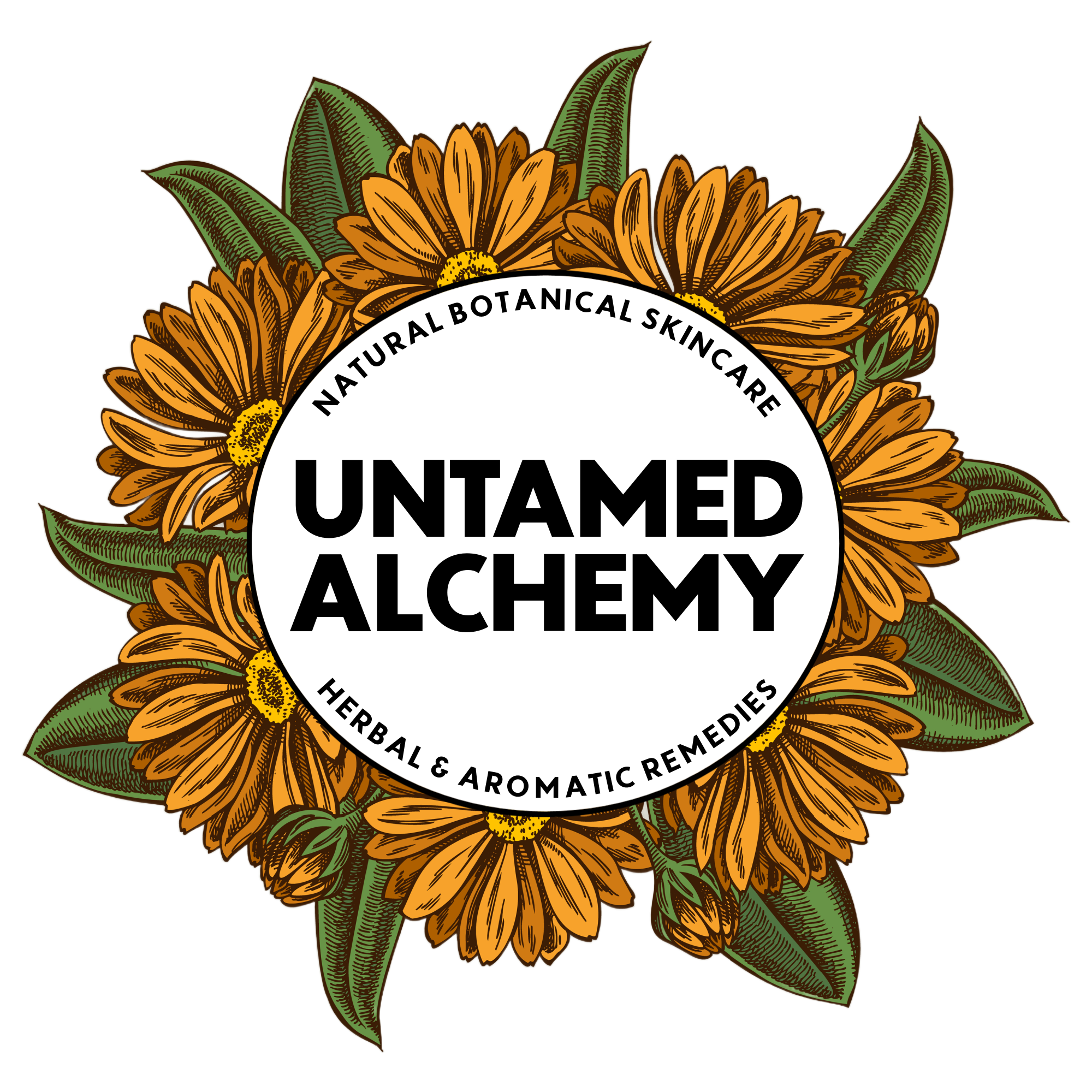 Melissa, commonly called Lemon Balm, holds a special place in my heart–she has ever since the moment I discovered her name literally means “honeybee”. (Bees are powerful totems for me, my husband, and our farm.)
Melissa, commonly called Lemon Balm, holds a special place in my heart–she has ever since the moment I discovered her name literally means “honeybee”. (Bees are powerful totems for me, my husband, and our farm.)
Melissa’s roots go back to ancient civilizations whose ceremonial lives were anchored in the symbology and lore of bees, honey, and herbs. Though she has been passed over often in recent years in favor of other herbs and oils, Melissa has myriad therapeutic properties and vast magical association. Her history and lore are positively dizzying in their powerful symbology.
Native to Europe, Lemon Balm (Melissa officinalis) is a perennial herb of the mint family with a strong, lemon-y fragrance that comes from the chemical chemotype citronellal.
Her names betray her origins and associations: Melissa, for honeybee, and Lemon Balm alluding to both its fragrance and its soothing, tonic qualities. She likes to grow in “clumps” and, like most mints, she has a tendency to grow outside of the bounds you try to set for her; if you plant Melissa in your garden, it’s wise to do so in a container where she can be, well, contained. In temperate zones, Melissa’s stems will dry and become woody in winter; she reemerges from the same plant base the following year anew.
Melissa is aligned with Jupiter and among the herbs associated with the zodiac sign of Cancer.
Sacred to the earth goddesses Demeter, Persephone, and, most especially Artemis (also known as Diana), the Greeks and Romans provided copious amounts of Lemon Balm for their various altars.
In Shakespeare’s time, she was considered the herb of kings and regularly appeared in conjunction with coronations, anointings, and consecrations.
 Melissa was revered by peoples who ceremoniously celebrated bees and honey. Considered an attractant for honeybees, Lemon Balm leaves were historically placed within empty hives to encourage bees to take up residence or set out to discourage swarming.
Melissa was revered by peoples who ceremoniously celebrated bees and honey. Considered an attractant for honeybees, Lemon Balm leaves were historically placed within empty hives to encourage bees to take up residence or set out to discourage swarming.
Fresh Melissa was planted and encouraged around hives to keep resident bees happy as well. Since many ancient cultures used honey and wax as currency, Melissa’s associations with attracting and keeping bees had a powerful influence in commerce as well; she was even used as an herbal cash crop in some communities. The first Holy Roman Emperor, Charlemagne, felt so strongly about Melissa’s qualities and beauty he determined it should be planted in every monastery garden. The monks, who were renowned healers, incorporated Melissa into their herbal practice taking advantage of her overall tonic qualities. (Her bright, light fragrance made her a particularly popular choice to mask odors, especially when bathing was frowned upon as a means of inviting sin.) Many of the monk’s recipes evolved to become the liquors, aperitifs, and tinctures familiar to us today. Travelers visiting the Benedictine monks helped to share Melissa with other cultures throughout Europe.
Melissa is considered a particularly powerful combatant of venomous bites, tonic for colds and congestion, and a powerful sedative. She possesses strong antidepressant and antiviral properties–particularly against the Herpes Simplex virus where she has been proven effective in reducing recovery time from both cold sores and shingles.
The essential oil can be used to great effect in a lip balm to discourage cold sores; the hydrosol can be frozen in ice cubes and placed directly on an emerging sore to soothe the pain and discourage outbreak. Hydrosol can be sprayed directly, too. [As someone who (used to) get cold sores from stress regularly, I can’t say enough about Melissa’s efficacy! If you get cold sores, get and freeze some Melissa hydrosol yesterday.)
Throughout history, people have enjoyed Lemon Balm in both hot and cold teas, herbal syrups, and tinctures–even ice cream! Today, most people rely upon Lemon Balm in her fresh form to uniquely flavor salads, sauces, and stuffings. Her essential oil is quite potent and therefore used sparingly in blends; she often appears in aromatherapy blends designed to soothe, comfort, relieve, and uplift. She is especially effective where both calmness and alertness are desired. Clinical aromatherapists also look to her antiviral properties in blends for clients suffering from virus-associated afflictions.
All told, sweet Melissa is a potent and storied ally.
Bless and blessed be!


 Melissa was revered by peoples who ceremoniously celebrated bees and honey. Considered an attractant for honeybees, Lemon Balm leaves were historically placed within empty hives to encourage bees to take up residence or set out to discourage swarming.
Melissa was revered by peoples who ceremoniously celebrated bees and honey. Considered an attractant for honeybees, Lemon Balm leaves were historically placed within empty hives to encourage bees to take up residence or set out to discourage swarming.





